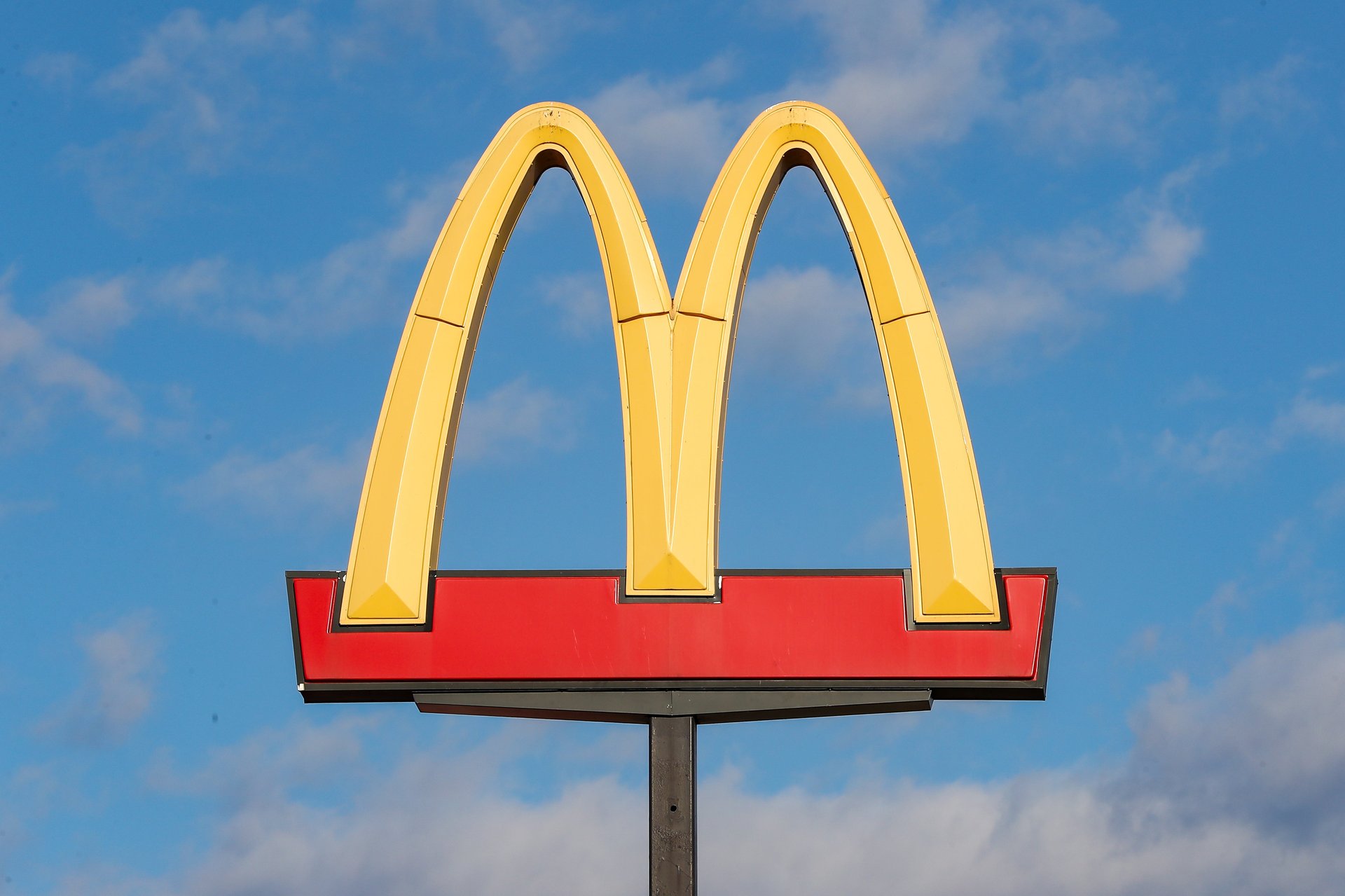McDonald's $5 meal deal is a 'psychological' success that's winning over inflation-weary consumers, analysts say
Consumers react well to "neat, round, and easy-to-understand pricing"

McDonald’s $5 meal deal has been a hit among inflation-weary consumers, proving that in the value wars, the bundle is devouring the competition.
Suggested Reading
The fast food giant recently announced an extension of the deal through December in select U.S. markets, following its success over the summer, which attracted “tens of millions” of customers, according to Joe Erlinger, president of McDonald’s USA.
Related Content
Erlinger claims that the bundle is one way the chain looks to keep prices “as affordable as possible,” but there’s more to its success than just a low price tag.
It’s a strategic response to rising food inflation, and a savvy use of psychological pricing, Michael Zakkour, founder of business consulting firm 5 New Digital, told Quartz.
“Consumers react well to neat, round, and easy-to-understand pricing,” Zakkour said.
He argues that this clear value proposition is akin to Subway’s successful $5 footlong campaign (though those days are long gone). Since everything is now more expensive, the $5 meal helps ease the grocery store “sticker shock” and the financial burden of dining out.
“We can drive less, we can go on fewer vacations, we can skip the handbag, but we can’t skip eating,” Zakkour said. A majority of McDonald’s customers are middle-income workers, those that make between $48,000 to $65,000, annually.
The $5 meal deal was created to “bring people in the door” with the hope that they’ll spend more by upgrading their meals or dining with others, said Bob Vergidis, chief vision officer at technology platform The Point of Sale Cloud.
“The deal signals that consumers are price conscious,” he said. It also reflects the “cyclical” nature of such promotions, which can reveal the pressures faced by restaurants. Competitors like Wendy’s, Taco Bell, and even Arby’s have launched similar deals in response.
Kristin Lynch, senior director of strategy and analytics at Paytronix, a software development firm, told Quartz the while the deal may boost short-term traffic, it could also create an expectation for constant discounts and promotions.
“McDonald’s will have to consider the value associated with their loyalty program,” Lynch warns. With 166 million loyalty members who contribute to 25% of system-wide sales, maintaining value while managing customers expectations is crucial.
Thus far, McDonald’s has “read the room,” 5 Digital’s Zakkour said. At a time when fast food prices have skyrocted to ‘luxury’ status, the $5 meal serves as a “welcome back” message, reminding customers of the chain’s enduring value.
